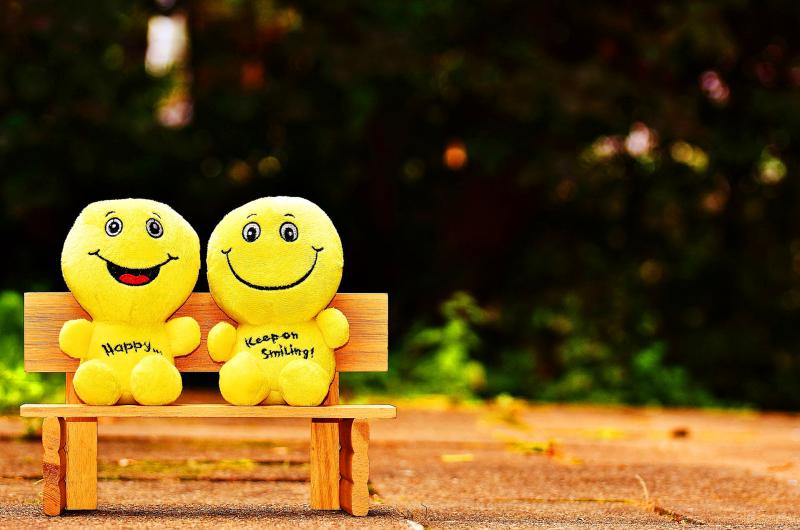B: The father was supposed to look for a job and he spent what little money he had drowning his sorrows.
A: But in the end he did find a job…
B: He went home late, didn’t give his son a meal, and went to bed without commiserating with his son about the bad exam results.

Photo: Pixabay 照片:Pixabay
A: His son obviously loved him, because he interpreted the father’s cold stare as an affectionate gaze.
B: He read his son’s diary without asking him first.
A: And he learned from it. He became a more positive person, and from that point on, he was successful. You could probably learn something from this.
B: 那個爸爸應該要去找工作,可是他把那麼一點錢用來買醉。
A: 可是最後他找到工作了啊…
B: 他很晚才回到家,沒給他兒子飯吃,就去睡覺了,沒有安慰他考壞的兒子。
A: 很明顯他兒子很愛他,因為他把他爸的冷眼注視詮釋成關愛的眼神。
B: 他沒經過兒子同意就偷看他日記。
A: 但是他也從中學習到了,他變得比較正向,而且從那一刻起,他就開始邁向成功。也許你也可以從這裡學到東西。
(Paul Cooper, Taipei Times/台北時報林俐凱譯)
Audio recordings for Speak Up! dialogues will be suspended until further notice due to the pandemic.